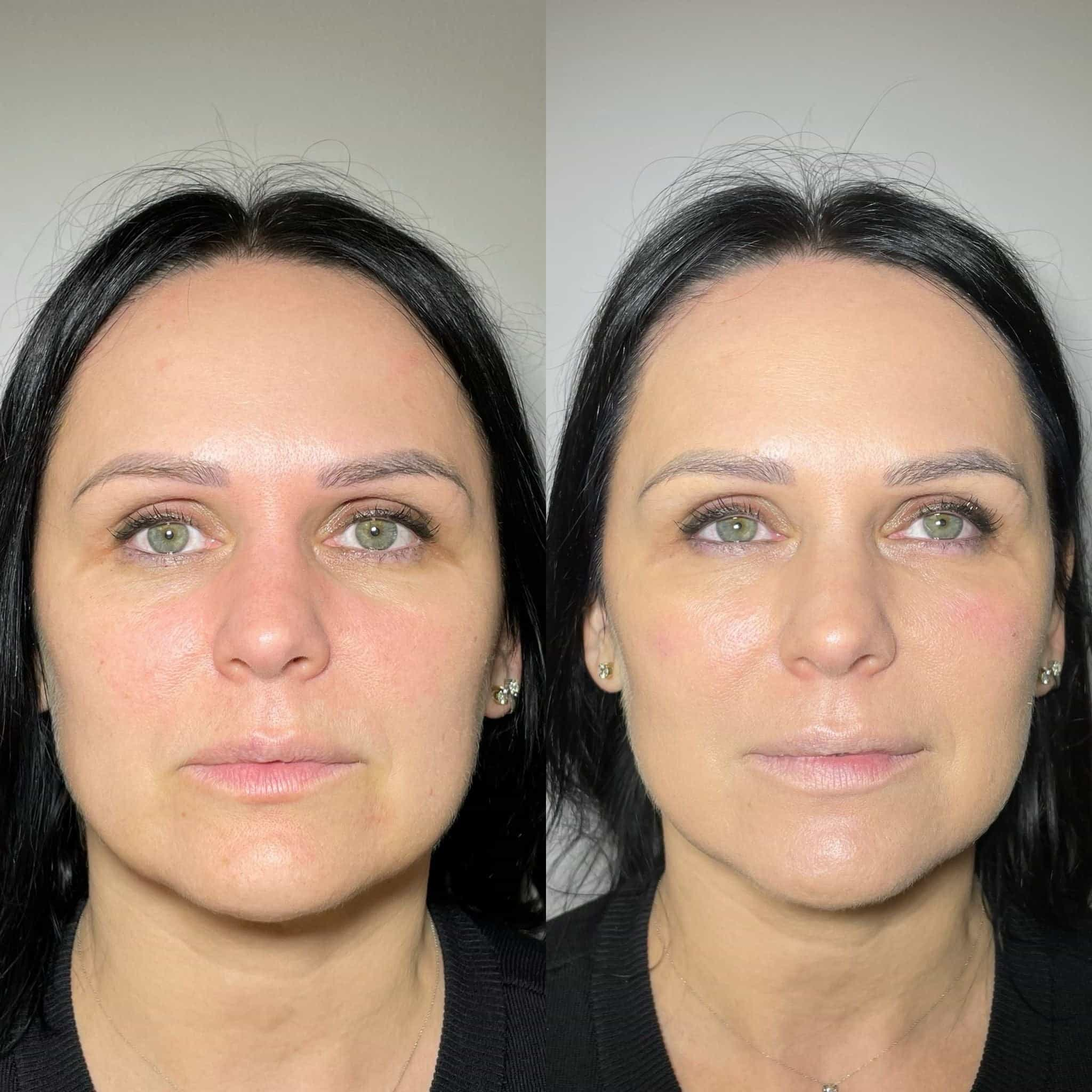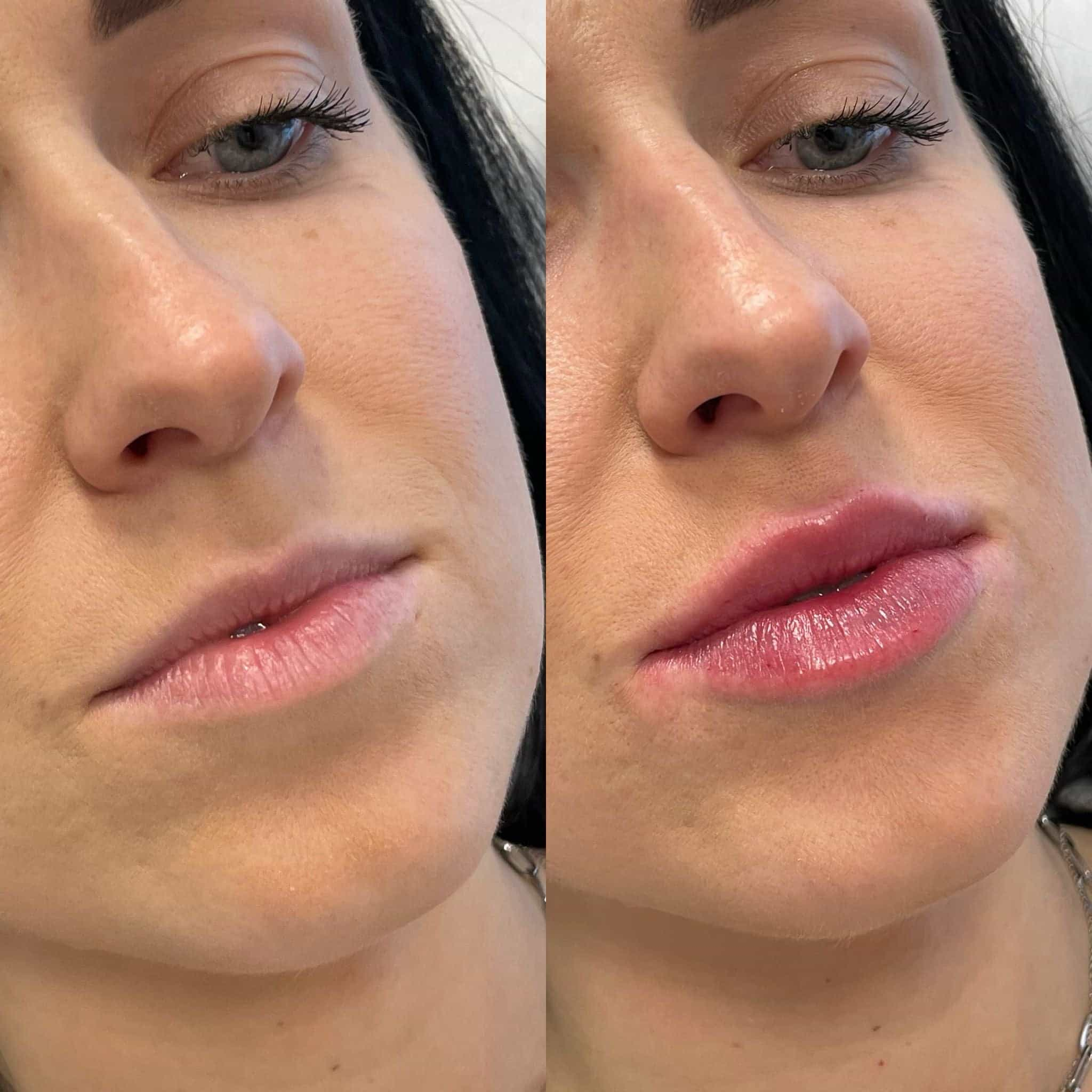Nasal Breathing Difficulties
Nasal breathing difficulties can significantly impact an individual’s quality of life. Blocked or constricted nasal passages can lead to snoring, sleep apnea, difficulty breathing, and even daytime fatigue. If you experience persistent nasal congestion in Kingston Upon Thames, it is important to seek medical advice.
There are a variety of potential causes for nasal breathing difficulties, including allergies, sinus infections, deviated septums, nasal polyps, and structural issues. A medical professional can properly diagnose the underlying cause and recommend the most appropriate treatment options.

Visible flaring of the nostrils
Visible flaring of the nostrils, often referred to as a “nasal flare,” occurs when the muscles around your nostrils contract involuntarily in an attempt to increase airflow during breathing.
- This is a common occurrence and can be triggered by various factors such as strenuous activity, nasal congestion, or even emotional stress.
- While often benign, persistent flaring of the nostrils can be an indication of underlying respiratory issues, particularly if accompanied by other symptoms like snoring or difficulty breathing.
Snoring
Visible flaring of the nostrils, often referred to as a “nasal flare,” occurs when the muscles around your nostrils contract involuntarily in an attempt to increase airflow during breathing.
- This is a common occurrence and can be triggered by various factors such as strenuous activity, nasal congestion, or even emotional stress.
- While often benign, persistent flaring of the nostrils can be an indication of underlying respiratory issues, particularly if accompanied by other symptoms like snoring or difficulty breathing.
Medical Examination
Visible flaring of the nostrils, often referred to as a “nasal flare,” occurs when the muscles around your nostrils contract involuntarily in an attempt to increase airflow during breathing.
- This is a common occurrence and can be triggered by various factors such as strenuous activity, nasal congestion, or even emotional stress.
- While often benign, persistent flaring of the nostrils can be an indication of underlying respiratory issues, particularly if accompanied by other symptoms like snoring or difficulty breathing.
Allergy Testing
Allergy testing is a diagnostic procedure used to identify specific allergens that trigger an immune response in an individual.

There are two main types of allergy tests: skin prick tests and blood tests. Skin prick tests involve placing small amounts of potential allergens on the skin, followed by a slight puncture with a needle. If an allergic reaction occurs, a raised red welt will appear at the site of the prick. Blood tests measure the level of antibodies (IgE) specific to certain allergens in the bloodstream.
Allergy testing can help identify triggers such as pollen, dust mites, pet dander, mold, and food. This information can be used to develop an individualized allergy management plan, which may include avoiding triggers, taking medications, or receiving immunotherapy (allergy shots).
Treatment for Underlying Conditions
Treatment for underlying conditions causing nasal flare often involves addressing the specific medical issue.
If allergies are identified as the culprit, strategies may include allergy medications like antihistamines or nasal corticosteroids to reduce inflammation and congestion.
Book your Nasal Flare Reduction consultation with Dr. Laura Geige in Kingston Upon Thames today.
- Why Can’t You Go To The Dentist After Fillers? - November 8, 2025
- What Is The Best Dosage Of CBD Infused Gummies For Pain - November 7, 2025
- What Are Lip Filler Made Of - November 5, 2025
